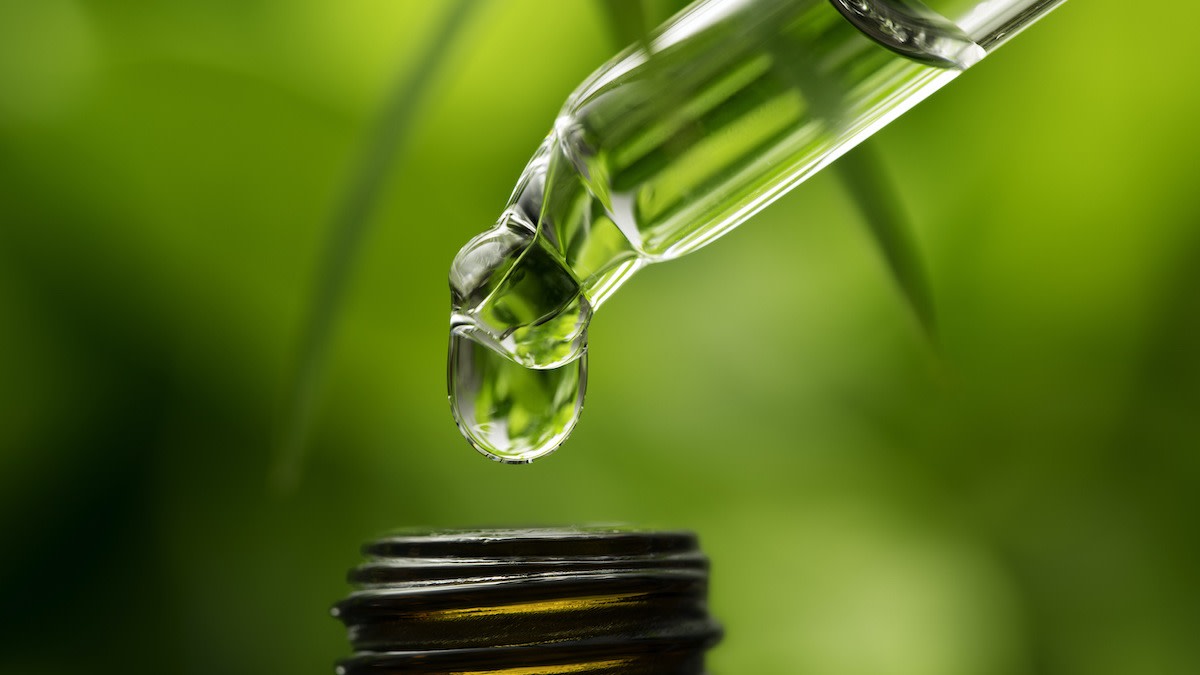Learn About Alpha Hydroxy Acid: How to Use AHAs in Skin Care
Written by MasterClass
Last updated: Oct 18, 2021 • 3 min read
Alpha hydroxy acid is a naturally occurring acid typically derived from plant sources. It’s a common ingredient in skin care products marketed to help promote clear and smooth skin.
Learn From the Best
What Is Alpha Hydroxy Acid?
Alpha hydroxy acids, also known as AHAs, are acid ingredients common in skin care products. People use AHAs to treat common dermatology issues. Alpha hydroxy acids include glycolic acid (which derives from sugarcane), lactic acid (which derives from sour milk), citric acid (which naturally occurs in citrus fruits), malic acid (which derives from fruits and vegetables), and tartaric acid (which comes from fruits, typically grapes).
When you apply AHAs to the skin, they cause exfoliation—shedding of the outer layer of the epidermis, or skin. The amount of exfoliation depends on the concentration and type of alpha hydroxy acid present in the skin care product. Alpha hydroxy acids are active ingredients in many daily skin care products, such as over-the-counter anti-aging serums, skin cleansers, toners, moisturizers, and topical lotions. You might find more concentrated levels of AHAs in dermatologist-administered treatments, such as chemical peels.
5 Uses of Alpha Hydroxy Acid
Dermatologists advise trying to prevent conditions like fine lines and sun damage by limiting sun exposure and using sunscreen, but retailers may market skin care products that contain alpha hydroxy acids to treat skin conditions after they occur. Manufacturers include AHAs in skin care products to enhance skin health or improve skin's appearance, as well as for other reasons, including:
- 1. To promote exfoliation: The acids in AHAs can help remove dead skin cells, dry skin buildup, and blackheads. Following exfoliation with alpha hydroxy acid products, you might see an improvement in skin tone, including brighter skin. You might also experience changes in skin texture, including slightly smoother skin. In addition, continued use of AHAs might help you promote cell turnover and new skin growth.
- 2. To increase collagen production: The protein-rich fiber known as collagen is responsible for making your skin appear smooth and plump (instead of saggy). Aging and sun damage accelerates collagen breakdown. AHAs might help promote collagen production by removing old collagen fibers in the epidermis, helping to promote new collagen production.
- 3. To reduce fine lines: Research has shown that using alpha hydroxy acids on facial skin might help reduce the appearance of fine lines on the surface of the skin. AHAs will not alter the appearance of deep wrinkles, which are caused by collagen and elastin loss in the middle layer of the skin (the dermis).
- 4. To minimize skin discoloration: Dermatologists recommend alpha hydroxy acid or glycolic acid peels to help reduce the appearance of skin discoloration, dark spots, melasma, or age spots. AHAs, which promote cell turnover, can help new skin grow with more even pigmentation. You can find formulations with AHAs in cosmetic products or prescription medications specifically for skin discoloration. Dermatologists note that AHAs might cause those with sensitive skin to experience hyperpigmentation, which is an acceleration of skin discoloration.
- 5. To treat acne: Those with oily skin or acne-prone skin might benefit from using AHAs to prevent or treat recurring acne. AHAs help to remove blackheads and clear clogged pores, which can help prevent breakouts. The exfoliation properties of some AHA products, like skin peels, might also help reduce the appearance of acne scars. Check with your dermatologist if you have sensitive skin, as alpha hydroxy acid can cause more redness or skin irritation than salicylic acid, another common acid in acne treatment products.
Possible Side Effects of Alpha Hydroxy Acid
The US Food and Drug Administration (FDA) notes that AHA products might not suit all skin types. Those with sensitive skin might want to avoid alpha hydroxy acids in over-the-counter products or consult a dermatologist before using AHAs. Possible side effects include skin blistering, chemical burns, increased risk of sunburn, or allergic reactions.
Before Starting a New Skincare Regimen
Individuals experience different levels of sensitivity to ingredients found in various skincare products. To prevent adverse reactions, consult a dermatologist before applying a new product to your skin. This article is for educational and informational purposes only, and is not a substitute for professional medical advice.
Learn More
Get the MasterClass Annual Membership for exclusive access to video lessons taught by the world’s best, including Bobbi Brown, RuPaul, Tan France, and more.
